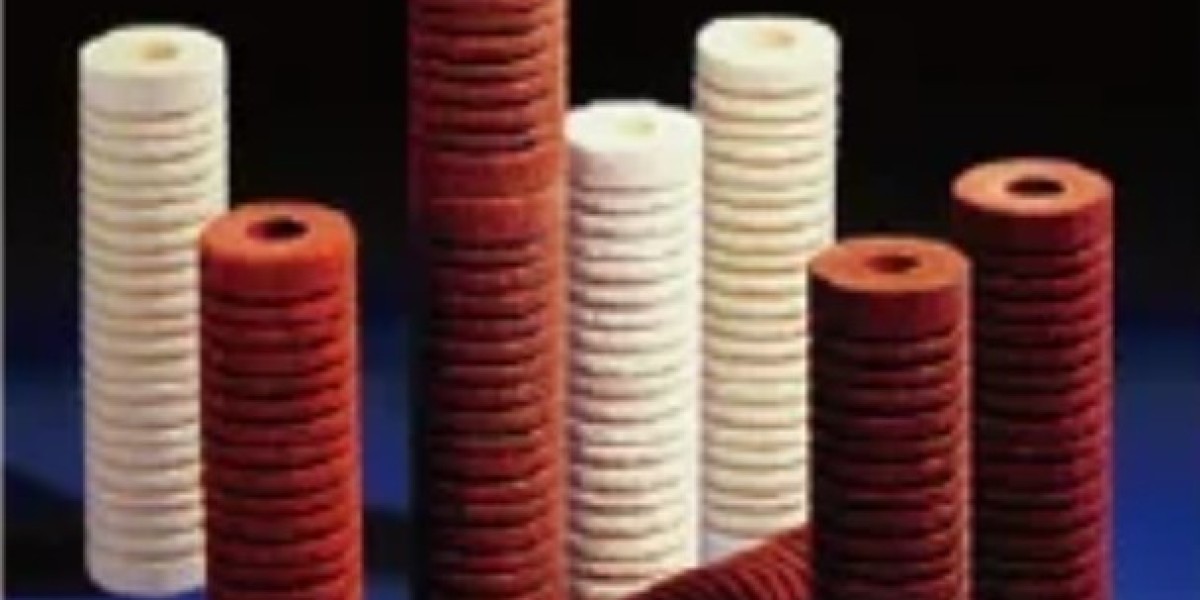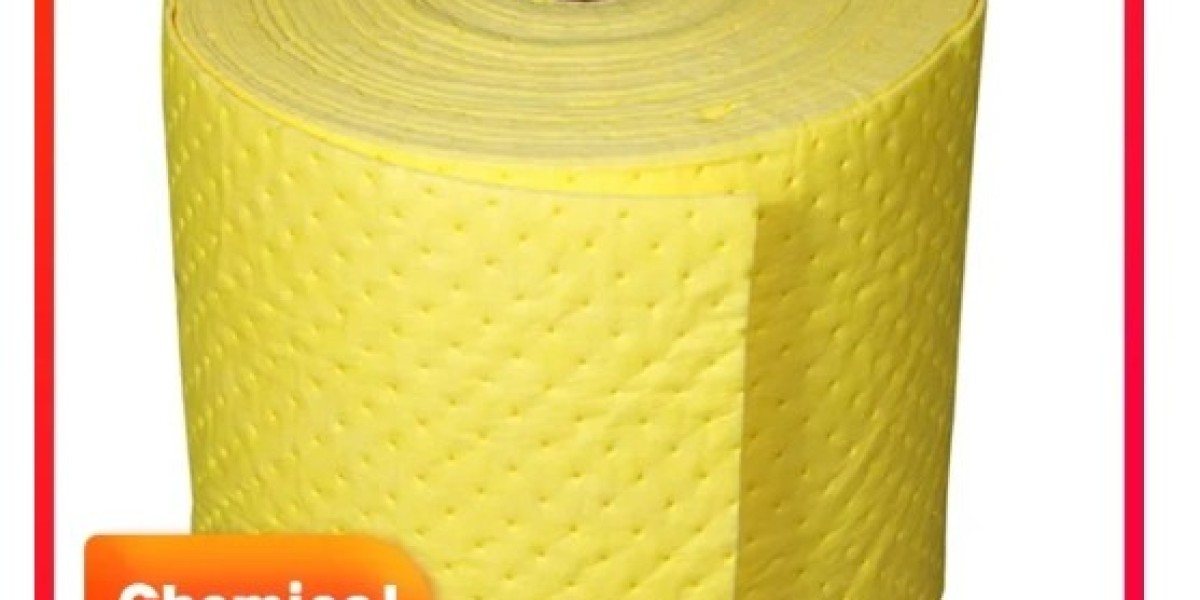When it comes to filter equipment, you want reliability and efficiency. Say goodbye to subpar performance and hello to top-notch filtration solutions that keep your operations running smoothly. Your search for high-quality filter equipment ends here. Upgrade to equipment that delivers superior results while saving you time and money. Make the switch today and experience the difference for yourself.

Key Takeaways
Understanding the basics of filtration is crucial for selecting the right equipment for your needs.
Different types of filtration equipment, such as gravity filters and bag filters, serve specific purposes and require tailored maintenance.
Exploring advanced filtration technologies can enhance efficiency and effectiveness in your filtration processes.
Selecting a reliable filtration supplier is key to obtaining high-quality equipment and support for your operations.
Prioritizing quality in filtration systems can lead to improved performance and longer equipment lifespan.
Regular maintenance of filtration equipment is essential to ensure optimal functionality and prevent costly breakdowns.
Filtration Basics Explained
Understanding Filtration
When it comes to filter equipment, understanding the basics of filtration is crucial. Solid particles are filtered out to ensure clean air quality.
Filtration works by passing air through a filter, trapping solid particles in the process. This helps in maintaining a healthy indoor environment.
Importance of Clean Air
Clean air is essential for your health and overall well-being. By filtering out contaminants like dust and pollen, you can breathe easily.
Breathing clean air improves productivity and reduces the risk of respiratory issues. Investing in quality filtration equipment enhances your living or working space.
Components and Functions
In a filtration system, various components work together to ensure efficient operation. The filter media captures solid particles, while the housing provides structural support.
The fan facilitates air circulation through the filter, removing impurities. Regular maintenance of these components ensures optimal performance of your filtration system.
Types of Filtration Equipment
Filter Media
When selecting filtration equipment, consider the type of filter media used. Common options include sand, activated carbon, and diatomaceous earth. Each media has unique properties that impact filtration efficiency.
Filtration Mechanism
Understanding the filtration mechanism is crucial in choosing the right equipment. There are various mechanisms like depth filtration, surface filtration, and multimedia filtration. Depth filtration traps particles within the filter medium, while surface filtration captures particles on the filter's surface.
Filter Design
Different filter designs cater to specific needs. Cartridge filters are easy to replace and suitable for smaller applications, whereas bag filters offer a larger surface area for higher flow rates. Meanwhile, membrane filters provide fine filtration for critical processes.
Applications
Each type of filtration equipment serves distinct applications. For instance, cartridge filters are ideal for point-of-use water treatment in homes or offices. On the other hand, reverse osmosis systems excel in removing contaminants from drinking water by forcing it through a semi-permeable membrane.

Gravity and Bag Filter Insights
Working Mechanisms
When using gravity filters, the hydrostatic pressure pushes the liquid through a filter bed. This process separates particles based on their weight and size. On the other hand, bag filters rely on the centrifugal force to trap particles within the filter bag.
Advantages and Limitations
Gravity filters are effective for separating solid particles from liquids, forming a dense layer known as a cake. However, they might not be suitable for filtering high-viscosity fluids. In contrast, bag filters excel in capturing finer particles but may require frequent replacements.
Efficient Air Filtration
In various industries, both gravity and bag filters play crucial roles in maintaining clean air quality. For instance, in pharmaceutical manufacturing, gravity filters ensure the removal of impurities from liquids. Conversely, bag filters are commonly used in HVAC systems to capture dust and allergens efficiently.
Advanced Filtration Technologies
Benefits
When it comes to advanced filtration technologies, investing in these systems can significantly benefit your business. Advanced filtration systems offer improved efficiency, ensuring a cleaner environment in various industries.
Enhancing air quality is crucial for employee health and productivity. By investing in advanced filtration technologies, you can create a safer and healthier workspace for your employees.
Applications
In various industries, such as midstream gas and fuel processing, the use of advanced filtration technologies is essential. These technologies effectively remove solids and impurities from liquids and gases, ensuring optimal performance.
Investing in duplex filters provides a higher level of filtration efficiency compared to traditional methods. The versatility of these filters allows for their application across a wide range of industries.

Types
Exploring different types of advanced filtration systems reveals the diverse applications they offer. From enhancing liquid purity to ensuring clean air, these systems cater to various needs across industries.
Cartridge Filters
Bag Filters
Membrane Filters
Choosing the Right Filtration Supplier
Criteria Selection
When choosing a filtration supplier, consider their diverse offering of filter media and equipment. Look for a supplier that caters to various industries, from weld shops to manufacturing plants.
Ensure the supplier has a wide variety of filtration solutions to meet your specific needs. Assess their experience in providing tailored filtration solutions for different applications.
Importance of Custom Design Solutions
Opt for a supplier that offers custom design solutions tailored to your unique requirements. This ensures that the filtration equipment is optimized for your operations, enhancing efficiency.
Partnering with a supplier that understands your industry's nuances can result in improved performance and cost savings. Customized solutions can address specific challenges faced by your business.
Benefits of Turnkey Installation Services
Consider a supplier that provides turnkey filter equipment installation services. This comprehensive approach saves you time and resources by handling the entire installation process.
Ensuring Quality in Filtration Systems
Regular Maintenance
To ensure the quality of your filtration systems, prioritize regular maintenance schedules. Inspect and clean filter arrangements to maintain optimal performance.
Regularly replace filter paper and check for any signs of wear or damage in the construction materials. This helps in preventing clogs and maintaining efficient filtration.
Troubleshooting Common Issues
When facing issues with your filtration systems, identify the root cause by checking for unique specifications or configurations that might be causing problems.
Inspect for any leaks or blockages in the system. Addressing these promptly can prevent downtime and maintain the effectiveness of your equipment.
Optimization through Customization
Consider customizing your filtration systems to suit your individual application needs. Explore a variety of sizes, materials, and configurations to find the best fit for your operations.

Maintenance Tips for Filtration Equipment
Filter Bag Care
When it comes to maintaining your filtration equipment, regularly cleaning and replacing filter bags is crucial. Over time, these bags can get clogged with debris, reducing the system's efficiency. By cleaning or replacing them, you ensure optimal performance.
Ventilation Inspection
Inspecting and maintaining ventilation systems is key to enhancing your filtration equipment's efficiency. Clogged vents can lead to poor air circulation, affecting the overall performance of the system. Regular inspections help in identifying and addressing any issues promptly.
Proper ventilation maintenance also plays a significant role in ensuring the longevity of your filtration equipment. When airflow is obstructed, it puts additional strain on the system, potentially leading to malfunctions or breakdowns. By keeping vents clean and clear, you promote smooth operation and extend the lifespan of your equipment.
Closing Thoughts
You've now grasped the essentials of filtration systems, from basic concepts to advanced technologies. Understanding the types of equipment available and how to maintain them optimally is crucial for efficient operations. Choosing a reputable supplier ensures quality and reliability in your filtration processes. Remember, regular maintenance is key to maximizing the lifespan of your equipment and ensuring consistent performance.
Take charge of your filtration needs by implementing these insights and tips. Your proactive approach will not only enhance productivity but also guarantee the longevity of your filtration systems. Stay informed, stay proactive, and watch your filtration processes thrive.

Frequently Asked Questions
How important is proper maintenance for filtration equipment?
Regular maintenance is crucial to ensure optimal performance and longevity of filtration equipment. It helps prevent clogging, maintain efficiency, and extend the lifespan of the filters.
What are the benefits of choosing the right filtration supplier?
Selecting a reliable filtration supplier ensures high-quality products, expert guidance, and excellent customer support. This leads to efficient filtration systems, cost savings, and peace of mind knowing you have a trusted partner.
What are some advanced filtration technologies available in the market?
Advanced filtration technologies include membrane filtration, electrostatic precipitators, and UV disinfection systems. These cutting-edge solutions offer superior efficiency, precision, and contaminant removal compared to traditional methods.
How can I ensure quality in my filtration systems?
Ensuring quality involves selecting the right equipment for your specific needs, following recommended maintenance schedules, monitoring performance regularly, and investing in upgrades when necessary. Quality control measures help maintain effective filtration processes.
What are some key considerations when choosing types of filtration equipment?
Consider factors such as the type of contaminants you need to remove, flow rate requirements, space limitations, budget constraints, and compatibility with existing systems. Choosing the right equipment tailored to your application ensures optimal filtration results.








